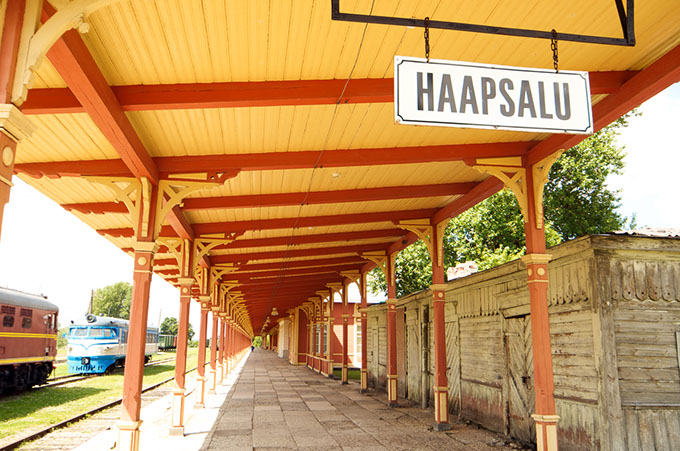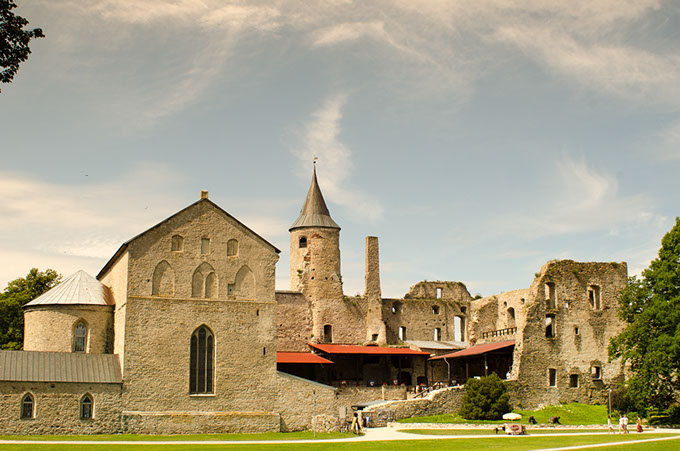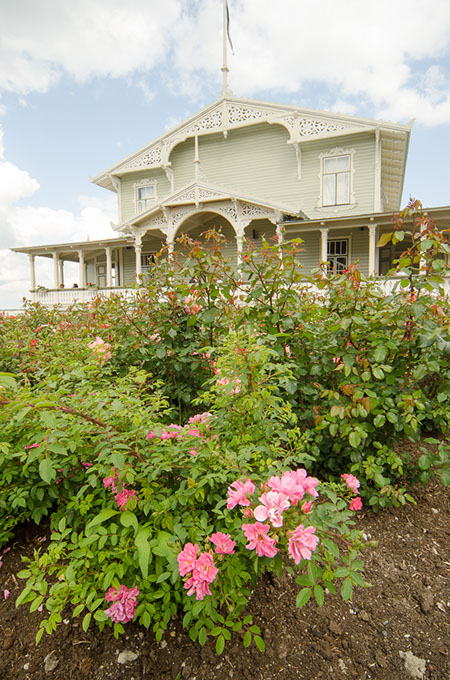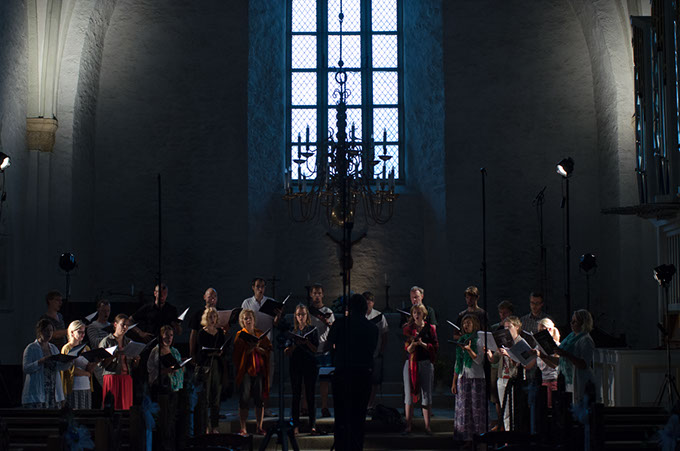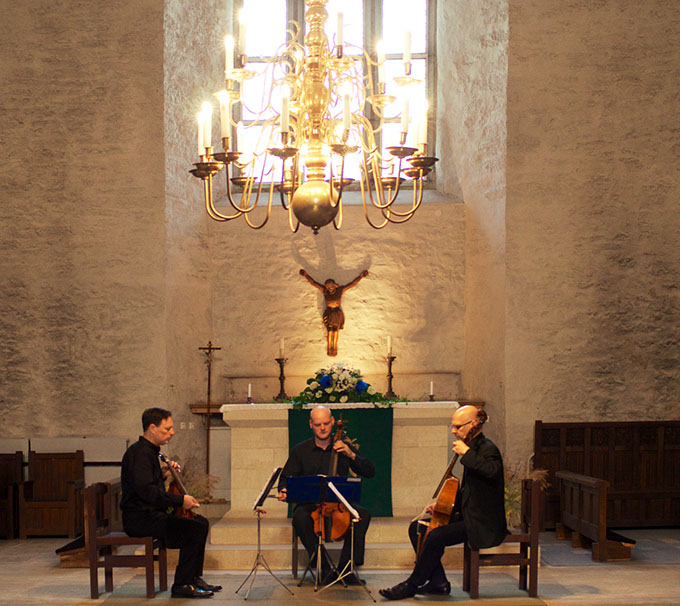Impressum
Prof. Dr. Dr. h.c. Andreas Waczkat | Georg-August-Universität Göttingen |
Kurze Geismarstr. 1 | D–37073 Göttingen
Telefon: +49 551 39-25072 | mail: andreas.waczkat@phil.uni-goettingen.de
Internet: www.gwdg.de/~awaczka
Inhaltlich Verantwortlicher gemäß § 55 Abs. 2 RStV: Andreas Waczkat (Anschrift wie nebenstehend)
Haftungshinweis: Trotz sorgfältiger inhaltlicher Kontrolle übernehme ich keine Haftung für die Inhalte externer Links. Für den Inhalt der verlinkten Seiten sind ausschließlich deren Betreiber verantwortlich.
